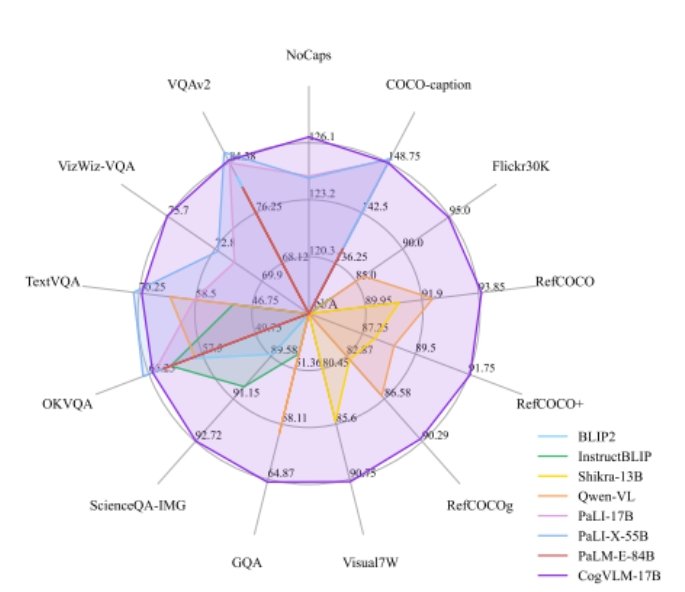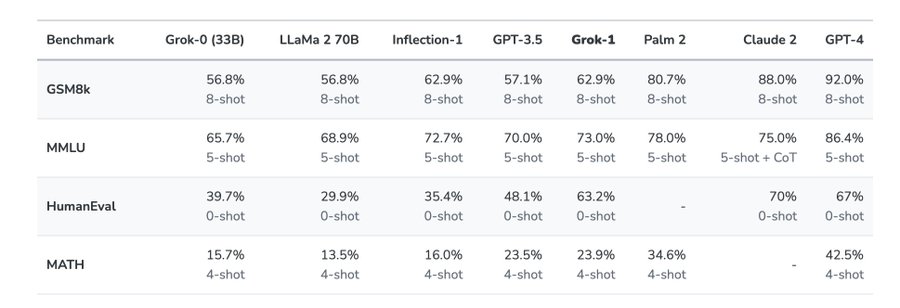Zuckerberg Gets Warned
Actually, months earlier Meta had released its own chatbot — to very little notice.
BlenderBot was a flop. The A.I.-powered bot, released in August 2022, was built to carry on conversations — and that it did. It said that Donald J. Trump was still president and that President Biden had lost in 2020. Mark Zuckerberg, it told a user, was “creepy.” Then two weeks before ChatGPT was released, Meta introduced Galactica. Designed for scientific research, it could instantly write academic articles and solve math problems. Someone asked it to write a research paper about the history of bears in space. It did. After three days, Galactica was shut down.
Mr. Zuckerberg’s head was elsewhere. He had spent the entire year reorienting the company around the metaverse and was focused on virtual and augmented reality.
But ChatGPT would demand his attention. His top A.I. scientist, Yann LeCun, arrived in the Bay Area from New York about six weeks later for a routine management meeting at Meta, according to a person familiar with the meeting. Dr. LeCun led a double life — as Meta’s chief A.I. scientist and a professor at New York University. The Frenchman had won the Turing Award, computer science’s most prestigious honor, alongside Dr. Hinton, for work on neural networks.
As they waited in line for lunch at a cafe in Meta’s Frank Gehry-designed headquarters, Dr. LeCun delivered a warning to Mr. Zuckerberg. He said Meta should match OpenAI’s technology and also push forward with work on an A.I. assistant that could do stuff on the internet on your behalf. Websites like Facebook and Instagram could become extinct, he warned. A.I. was the future.
Mr. Zuckerberg didn’t say much, but he was listening. There was plenty of A.I. at work across Meta’s apps — Facebook, Instagram, WhatsApp — but it was under the hood. Mr. Zuckerberg was frustrated. He wanted the world to recognize the power of Meta’s A.I. Dr. LeCun had always argued that going open-source, making the code public, would attract countless researchers and developers to Meta’s technology, and help improve it at a far faster pace. That would allow Meta to catch up — and put Mr. Zuckerberg back in league with his fellow moguls. But it would also allow anyone to manipulate the technology to do bad things.
At dinner that evening, Mr. Zuckerberg approached Dr. LeCun. “I have been thinking about what you said,” Mr. Zuckerberg told his chief A.I. scientist, according to a person familiar with the conversation. “And I think you’re right.”
In Paris, Dr. LeCun’s scientists had developed an A.I.-powered bot that they wanted to release as open-source technology. Open source meant that anyone could tinker with its code. They called it Genesis, and it was pretty much ready to go. But when they sought permission to release it, Meta’s legal and policy teams pushed back, according to five people familiar with the discussion.
Caution versus speed was furiously debated among the executive team in early 2023 as Mr. Zuckerberg considered Meta’s course in the wake of ChatGPT.
Had everyone forgotten about the last seven years of Facebook’s history? That was the question asked by the legal and policy teams. They reminded Mr. Zuckerberg about the uproar over hate speech and misinformation on Meta’s platforms and the scrutiny the company had endured by the news media and Congress after the 2016 election.
Open sourcing the code might put powerful tech into the hands of those with bad intentions and Meta would take the blame. Jennifer Newstead, Meta’s chief legal officer, told Mr. Zuckerberg that an open-source approach to A.I. could attract the attention of regulators who already had the company in their cross hairs, according to two people familiar with her concerns.
At a meeting in late January in his office, called the aquarium because it looked like one, Mr. Zuckerberg told executives that he had made his decision. Parts of Meta would be reorganized and its priorities changed. There would be weekly meetings to update executives on A.I. progress. Hundreds of employees would be moved around. Mr. Zuckerberg declared in a Facebook post that Meta would “turbocharge” its work on A.I.
Mr. Zuckerberg wanted to push out a project fast. The researchers in Paris were ready with Genesis. The name was changed to LLaMA, short for “Large Language Model Meta AI,” and released to 4,000 researchers outside the company. Soon Meta received over 100,000 requests for access to the code.
But within days of LLaMA’s release, someone put the code on 4chan, the fringe online message board. Meta had lost control of its chatbot, raising the possibility that the worst fears of its legal and policy teams would come true. Researchers at Stanford University showed that the Meta system could easily do things like generate racist material.
On June 6, Mr. Zuckerberg received a letter about LLaMA from Senators Josh Hawley of Missouri and Richard Blumental of Connecticut. “Hawley and Blumental demand answers from Meta,” said a news release.
The letter called Meta’s approach risky and vulnerable to abuse and compared it unfavorably with ChatGPT. Why, the senators seemed to want to know, couldn’t Meta be more like OpenAI?


